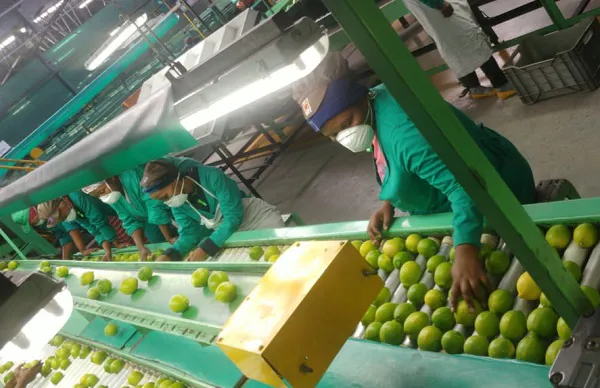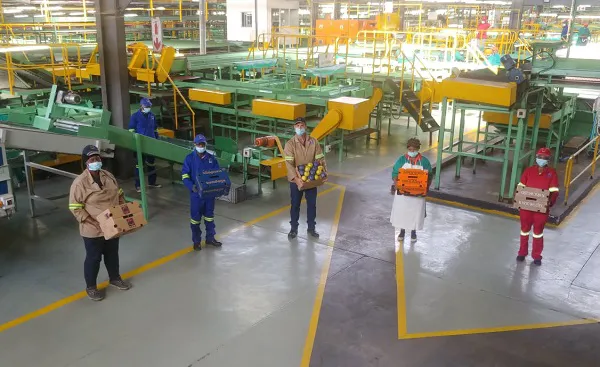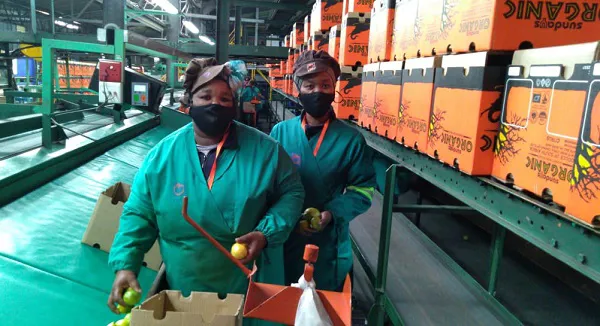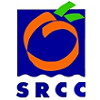The Valencia market is in tip top shape, and strong demand is expected to remain for the foreseeable future.
Some pressure is building in the UK and EU late mandarin markets, and this is probably the shape of things to come in the light of South Africa’s big soft citrus expansion. Northern Hemisphere soft citrus volumes are lower than last year, benefiting South Africa.
It has been a very difficult start to the lemon campaign, and the Middle Eastern market is struggling to pick up its head after the oversupply earlier the season.
“When you look at the bigger lemon picture, we are where we thought we’d be. The big volumes place pressure on markets. The world is overproducing lemons and we are going to rub shoulders on the market, ” says Hannes de Waal of the Sundays River Citrus Company.
In Europe, with the early end to the Spanish season and the abrupt exit of Argentina the pull is better, but he is reticent to call it an exceptional lemon season.
 Covid-19 measures are top of mind at SRCC's packhouses (photos supplied by the SRCC)
Covid-19 measures are top of mind at SRCC's packhouses (photos supplied by the SRCC)
“Lemon markets should remain stable, I’m not expecting much of a further strengthening because Argentinian volumes have to be worked away before that can happen. What we are expecting is less of an overlap with the Northern Hemisphere. Markets could remain firm for a while still.”
He expresses great sympathy for Argentina, in whose economic situation he sees a grave warning to South Africa.
“Argentina is in real trouble and their economic situation should be a monetary lesson to South Africa. Their production costs are unsustainably high. Farming for the low residues required by the juice markets is the cause of all of the complexity. They find themselves in a very difficult situation.”
Citrus black spot management is very difficult, a tremendously complex field, he says. “You need chemicals to fight black spot, but citrus oil is exceptionally sensitive to chemical residues.”
South Africa’s more central geographical location, bringing the Middle East closer, as well as a lower cost structure enables the country to absorb the tremendous strain exerted by citrus black spot management.
“Argentina is this season paying the true price for the EU’s citrus black spot policy which has South Africa and Argentina in a vice. All this for a purely cosmetic mark on the skin of the fruit,” Hannes says, emphasising the line of argument long put forward by the South African citrus industry: that the disease cannot establish a foothold in a Mediterranean climate.
 Social distancing in the packhouse
Social distancing in the packhouse
Soaring staff transport costs due to lockdown regulations
Overall, he says, things are looking positive for the rest of the year.
Covid-19 has left its mark on the Sundays River Valley and at the SRCC they did lose a few members of staff. At one packhouse they lost four days due to a positive case.
For that reason consciousness of the disease and its transmission is high among their staff who have given their full cooperation.
“My people have managed it really well, I have to say. I brought together some of our clever young engineers and I said to them: leave your other duties and work out a Covid-19 plan for us.“
“Everyone who can work from home, is still working from home. It’s working very well. Our cost structure is through the roof, however – mostly going towards staff transport. According to lockdown regulations buses can only be filled to 50% capacity. Bus transport is very important for workers at our packhouses and on the farms.”
The Covid-19 procedure at one of the SRCC’s packhouses has been held up as exemplary by the visiting Labour Department inspectors.

The economy has been profoundly damaged, Hannes says, but Port Elizabeth Harbour is operating with the least disruptions so far this season.
“Every day we face a huge amount of challenges but we’re coping.”
 For more information:
For more information:
Hannes de Waal
Sundays River Citrus Company
Tel: +27 42 233 0320
Email: srcc@srcc.co.za
https://www.srcc.co.za/
